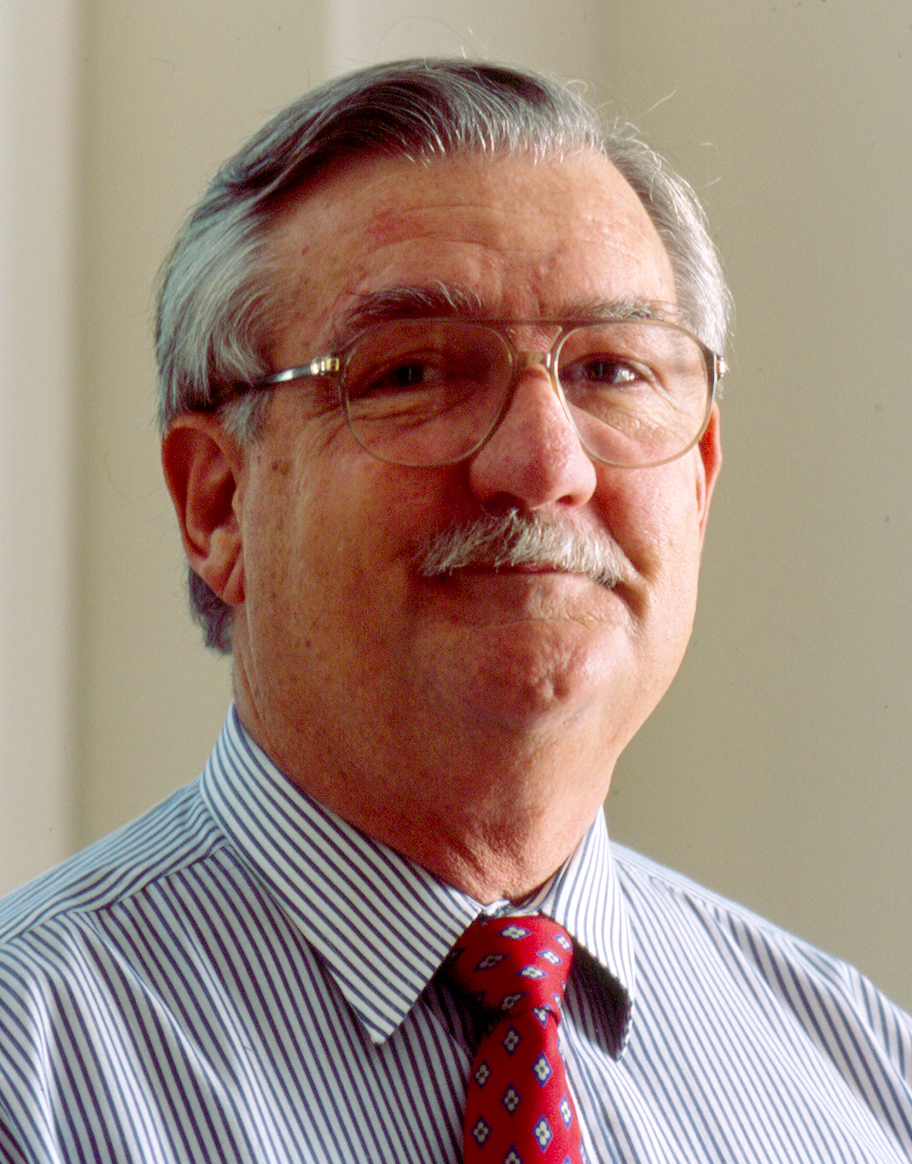A comprehensive set of rules governing evidence in Virginia trials drafted by a professor in the University of Virginia’s School of Law was recently signed into law.
Kent Sinclair, a former federal magistrate judge, has been working for more than 18 years to have the state adopt the Virginia Rules of Evidence, which apply to all civil and criminal trials in Virginia.
“These are the rules that judges use every day on the fly – in the heat of a trial,” Sinclair said. “They deal with the questions judges are faced with 50 times a day in a given trial. There are always issues like how you examine witnesses – what can you cross-examine on? Can you bring up a witness’ prior conviction? How do you contradict a witness?”
Prior to the rules going into effect July 1, Virginia and Massachusetts were the only two states that had not collected and distilled their evidence guidelines into a discrete set of rules governing the admissibility of proof.
Without a uniform set of rules for evidence, Sinclair said, judges across Virginia often interpreted questions of evidence quite inconsistently.
“Because there was nothing you could cite, individual judges interpreted the requirements very differently in various parts of the commonwealth,” he said. “So a lawyer would never know going into court what requirements a particular judge would impose for a particular kind of exhibit.”
The codified rules, he said, provide a “roadmap” to allow lawyers to prepare properly for a case and for judges to easily decide evidentiary issues.
“Having the rules spelled out gives both the lawyer and the judge a starting point to identify what are the most important questions to ask when deciding whether a particular document or witnesses’ testimony should be allowed,” he said. “It promotes better lawyering by providing this roadmap of controlling factors and more uniform judicial decisions by trial judges who have to make these decisions on the fly in the middle of a hearing.”
Gov. Robert F. McDonnell held a ceremonial signing of the evidence rules bill earlier this month that featured Sinclair, a number of state legislators and officials with the Virginia Bar Association.
Sinclair originally became involved with drafting the evidence rules as part of the Boyd-Graves Conference – an organization of around 100 lawyers, professors and judges in Virginia who make recommendations on ways to improve the law. Sinclair is the reporter of the conference’s Evidence Project.
Drafting the evidence rules was no small task, he said. It involved digging through more than 3,000 appellate decisions dealing with evidentiary issues over the course of roughly 200 years.
Prior to these rules, he said, making evidentiary arguments based on real authority “just wasn’t a workable thing.”
“You couldn’t walk into a court and find which one of 3,000 cases supports the maneuvers you want to undertake when you’re questioning a witness,” he said. “Having taken the time to do the scholarship studying the prior law – which I did over a number of years – and pulling the principles in these numerous cases into a clear statement of the governing doctrine has produced a landmark set of rules that have proven very attractive to judges and lawyers.”
Sinclair is author and editor of the annual “Guide to the Virginia Rules of Evidence” and co-author of the “The Law of Evidence in Virginia,” both of which helped guide lawyers in the state on common practices in the absence of a codified law. Sinclair teaches “Practical Trial Evidence,” “Civil Procedure” and “Virginia Practice and Procedure” at the Law School.
Media Contact
Article Information
September 20, 2012
/content/evidence-rules-drafted-uva-law-professor-adopted-virginia-courts

